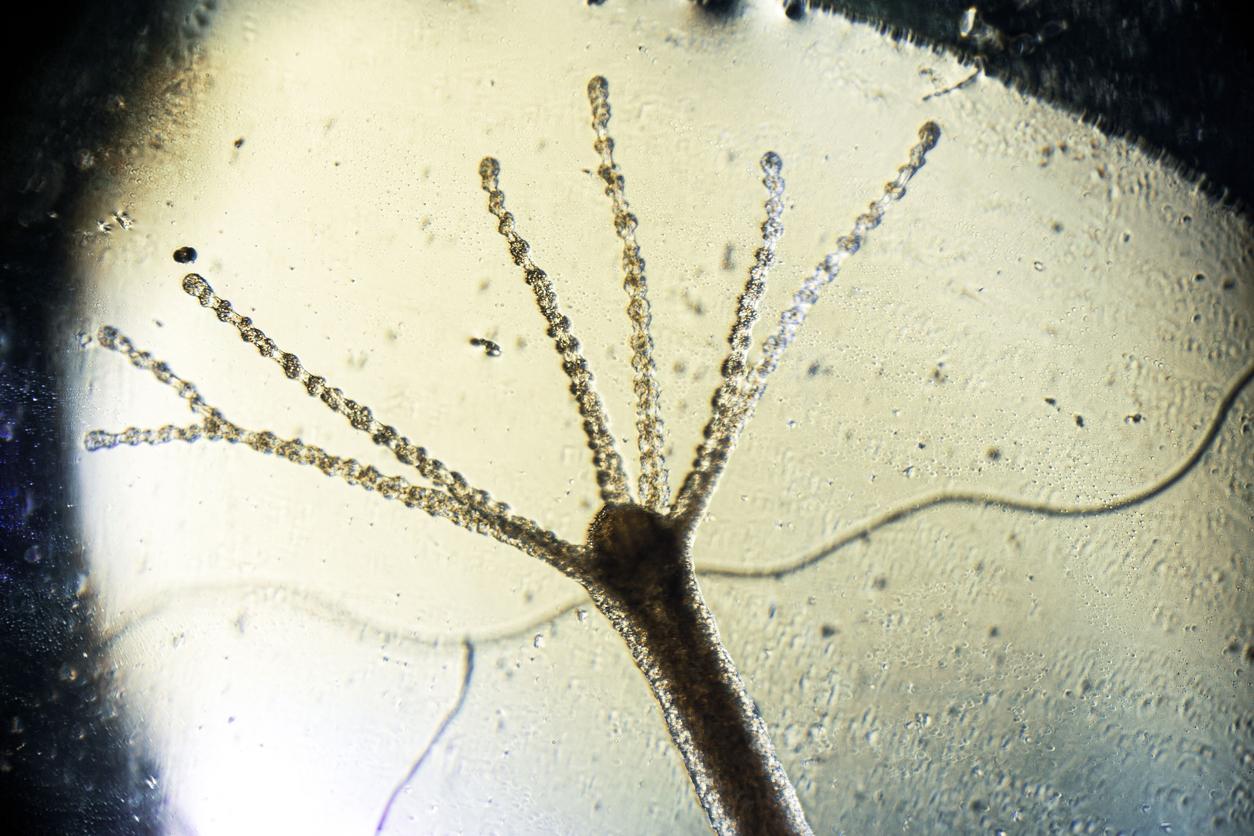
Does peeing over it help?
If you see a jellyfish swimming by, you don’t have to get out of the water right away. Most jellyfish just leave you alone. If you come into contact with a species that does sting, you can get an irritating, itchy bite. How do you treat such a jellyfish bite?
Jellyfish are so-called cave animals. They themselves consist largely of water and live in the water. They can move a little, but mainly float with the current. If the wind blows from the (north) east, an undertow is created that carries jellyfish along, causing them to wash up on the beach at the North Sea.
Itching and irritation
They may be called jellyfish bites, but jellyfish don’t bite. Some species have stinging tentacles called nematocysts. These can fire a hollow needle of poison at the skin if you come into contact with a jellyfish. Your skin reacts to the poison and becomes red and sore. The affected area may also itch, feel burning and may develop bumps.
Usually a jellyfish bite is quite harmless. Most jellyfish that occur in the North Sea do not cause any major problems. Have you suffered a lot of jellyfish bites or are you allergic to jellyfish? Then you can suffer from severe complaints. For example, headache, nausea, difficulty breathing, and dizziness.
Some tropical jellyfish species can also make you seriously ill. For example, cubic jellyfish such as the Irukandji and the Australian sea wasp are very poisonous and life-threatening. These species mainly live in the Pacific and Indian Oceans.
Fighting pain
After a jellyfish bite, rinse the irritated skin with salt (sea) water. Never use fresh water, it actually activates the nematocysts, which can release more venom. If you do not have salt water at hand, do not rinse the skin. Do not rub the skin with a towel or sand. Remove any remnants of tentacles. Put on gloves or use tweezers. You can then apply an itch-relieving ointment on the skin that you would also use for insect bites. After a quarter of an hour the pain goes away.
A well-known myth is that you have to pee over a jellyfish bite. Urine would neutralize the poison. Whether this really works has never been proven. Some people say it benefits, but it can also make the itching and pain worse. Blotting with vinegar can help with tropical jellyfish stings.
Medical assistance
It’s rare, but if you’re allergic to jellyfish venom, have a lot of bites, or have been stung by a very poisonous species, you’ll need medical attention.
Do you feel sick after the jellyfish bite? For example, do you get breathing problems, fever, headache or do you have to vomit? Do you become dizzy or confused? Then contact your doctor as soon as possible. In the event of acute serious illness, such as shock, cardiac arrhythmias and loss of consciousness, call the emergency number 112.
Sources):














